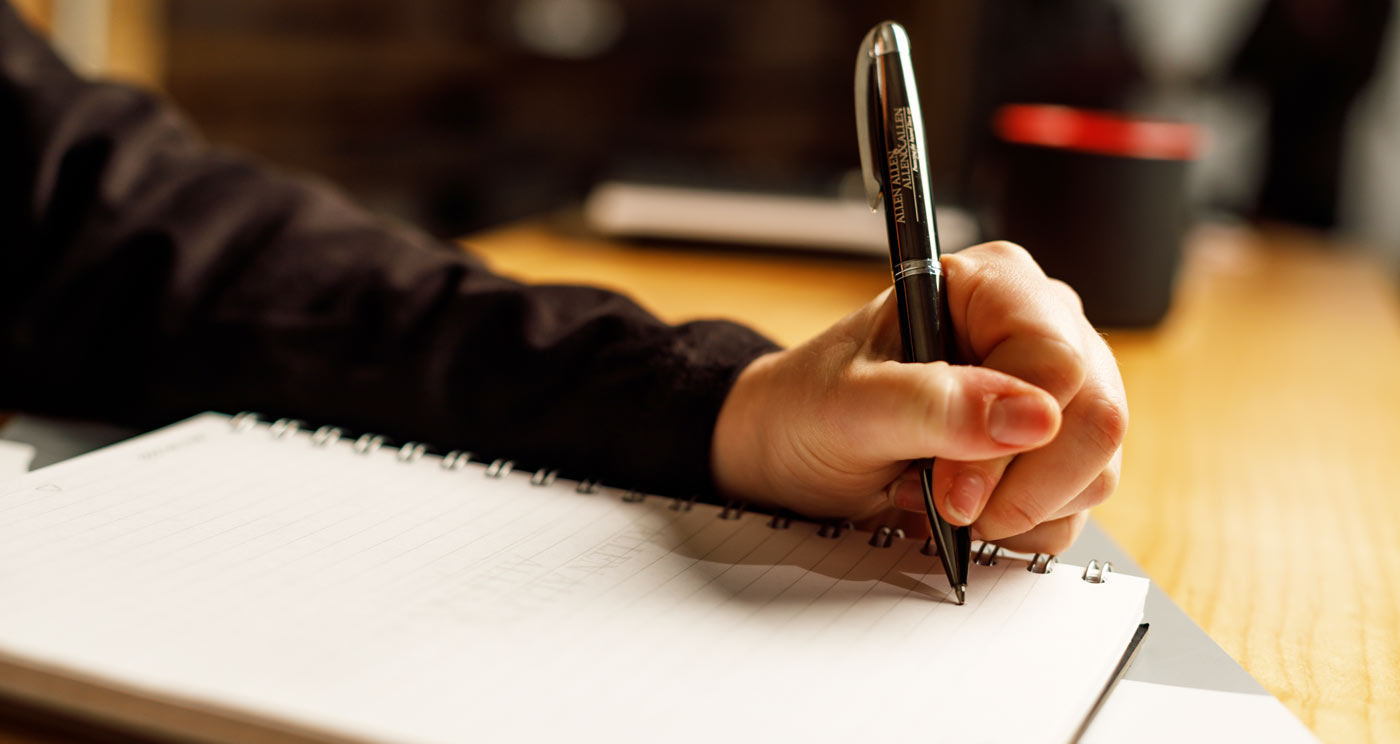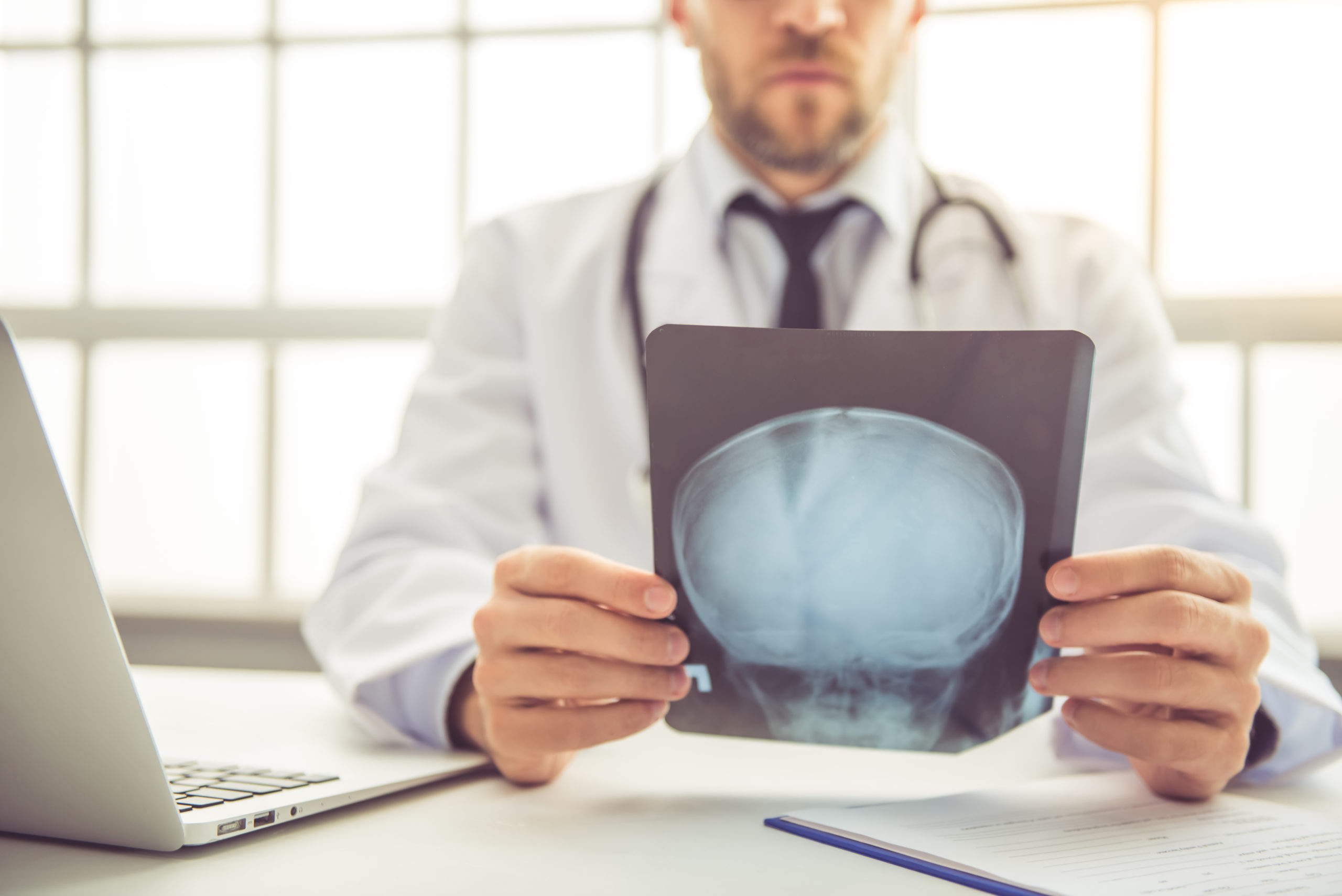Social media is a great way to stay in touch with friends and family across the globe. But when you’re in a car accident, social media can make your personal injury claim more difficult.

If you’re ever in an accident, you should avoid posting information about that accident or your injuries on social media. There’s very little you can do on social media that can help your case, but there’s a lot you can do to harm your case. Social media can certainly complicate things but there are ways to protect yourself and your personal injury case.
You should not post pictures of your car or injuries on Facebook or Instagram, or tweet that you were in an accident. These pictures can be misconstrued, and the casual nature of social media leads to communication that does not always protect your best interests.
For example, a friend may see a photo of your car and write on your wall or send a message saying, “I heard you were in an accident, how are you feeling?” The casual response may be, “I’m fine” or “I’m ok” when really, you were badly injured and are still under a doctor’s care. The inconsistencies between what you tell your friend and what you tell your doctor may be discovered and used against you. The differences in what you’ve said may be easy to explain, it’s even easier to avoid potential problems in the first place.

Privacy settings on social media are very important. You want to make sure that you’re keeping your profiles as private as possible, even if you’re not in an accident. If you are in an accident though, high privacy settings aren’t going to keep the information from being what’s called ‘discoverable’ or to allow the other side to access it.
It’s good practice to heighten your social media settings, but just because you think your pages are private, doesn’t mean insurance companies and defense attorneys won’t be able to see them. That’s why it is very important to not post information about your accident, even if you think that only your friends can see it. Additionally, don’t accept friend requests from people you don’t know or recognize. It’s very easy to learn about somebody by simply friending them on Facebook, and insurance companies will always want to learn as much about you as they can. By not accepting strangers as social media connections, you’re protecting yourself and your claim.
If you’ve already posted something about your accident or your injuries on social media, do not, under any circumstances, take it down or delete it. You don’t want to do anything that could be seen as destroying evidence, even if it’s unintentional. Removing posts could make it seem as if you’re trying to hide something about the accident or your injuries. The best idea is to leave the post on your page and simply refrain from posting anything more.
These are all good social media practices when you’re not involved in an accident; they become even more important after being involved in an automobile accident. By just taking a few simple steps, you can protect yourself and prevent social media from affecting your personal injury claim.
If you’re injured in an accident and have questions about how social media can affect your personal injury claim, contact the law firm of Allen & Allen.


